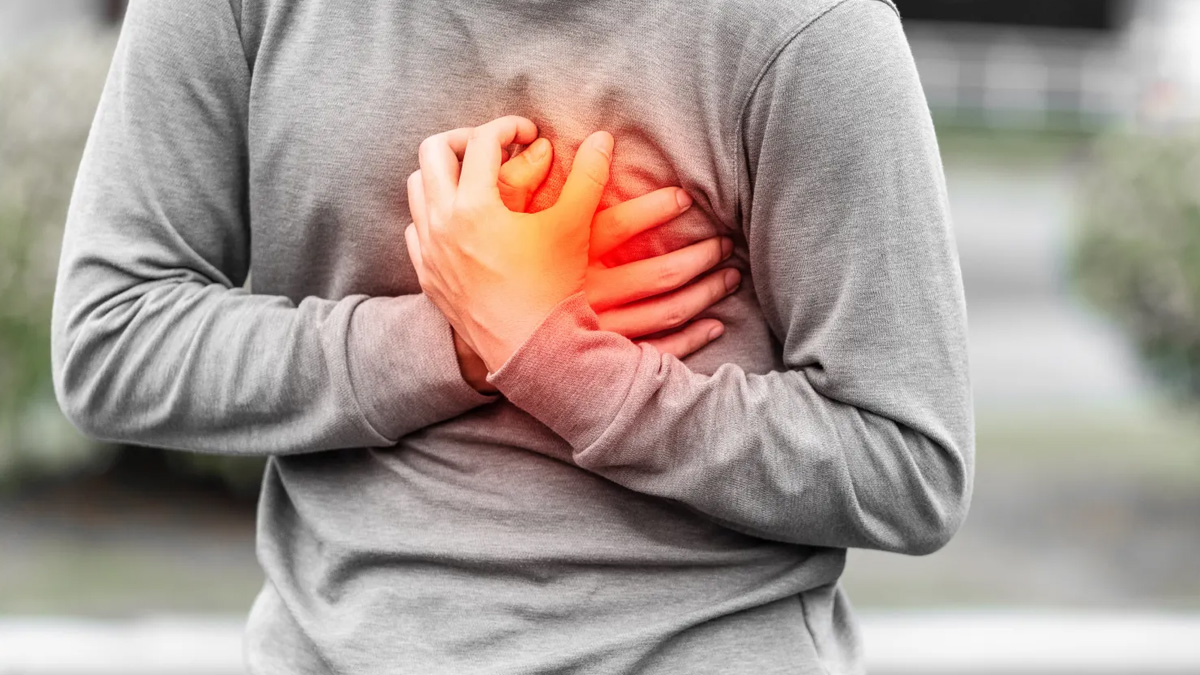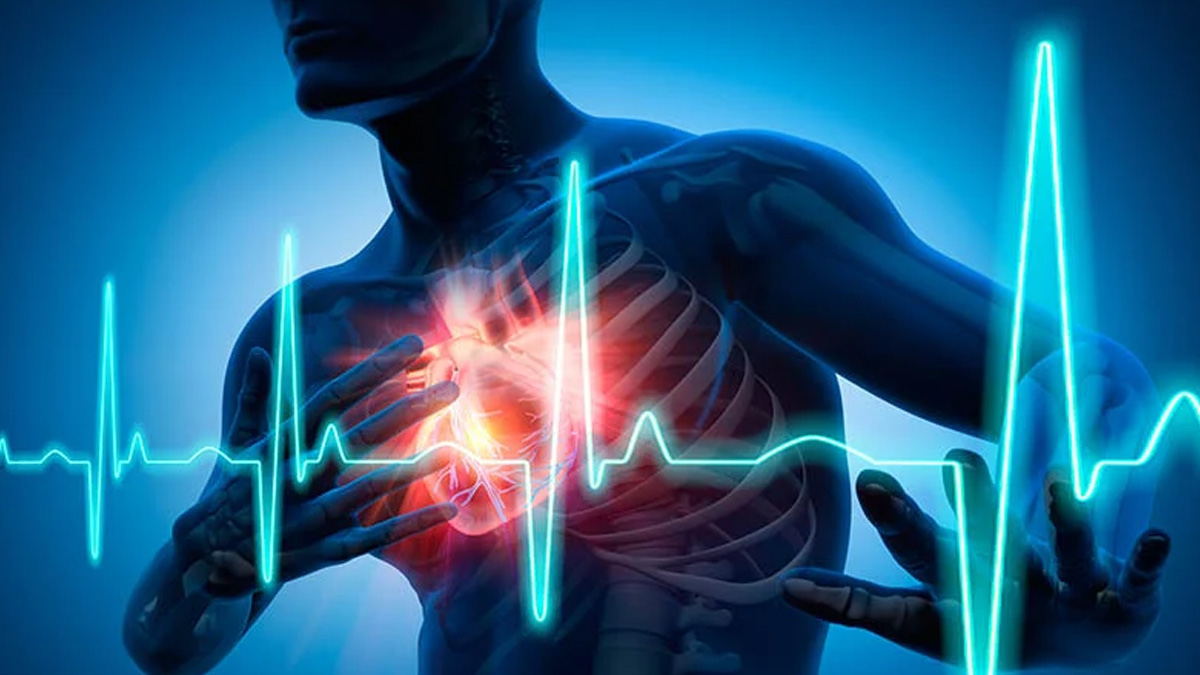
A joyous wedding celebration in Madhya Pradesh took a tragic turn when a young woman suffered a fatal cardiac arrest while dancing at her sister’s pre-wedding ceremony. The shocking incident highlights the growing concern over sudden heart-related fatalities, even among young individuals. While heart attacks are often associated with older adults, recent cases suggest they can strike unexpectedly, even during seemingly normal activities.
Table of Content:-
Tragic Incident at Wedding in Madhya Pradesh
The unfortunate incident took place in Vidisha, Madhya Pradesh, where 20-something Parinita Jain, a resident of Indore, had come to attend her cousin’s wedding. According to reports, she was dancing to a Bollywood song during the 'haldi' ceremony when she suddenly collapsed on stage. The shocking moment was witnessed by over 200 guests present at the venue.
Despite immediate attempts to revive her through CPR by family members—some of whom were doctors—she did not respond. She was quickly rushed to a private hospital, where doctors declared her brought dead.
View this post on Instagram
Tragically, this was not the first time Parinita’s family had experienced such a loss. Reports indicate that one of her younger brothers had also succumbed to a heart attack at the young age of 12.
This heartbreaking incident is part of a worrying trend of young people suffering sudden cardiac arrests during physical activities. Several similar cases have surfaced in the past year, emphasising the importance of heart health awareness.
The Growing Concern of Sudden Cardiac Arrests in Young Adults
Cases of young individuals collapsing during dance performances, workouts, or even daily activities are on the rise. Last year, an 18-year-old girl in Uttar Pradesh’s Meerut died after experiencing chest pain while dancing at her sister’s wedding function. She collapsed moments after clutching her chest, indicating a possible heart attack.
Experts believe that lifestyle factors, genetic predisposition, and underlying heart conditions could contribute to these unexpected fatalities. The increasing number of such incidents underlines the urgent need for awareness regarding heart health, even among young individuals.

Recognising the Warning Signs of a Heart Attack
A heart attack occurs when the flow of oxygen-rich blood to a section of the heart is blocked, leading to potential heart muscle damage. While some heart attacks occur suddenly and intensely, others may begin with mild symptoms that gradually worsen. Recognising the warning signs can help prevent fatal outcomes.
Also Read: Cancer Prevention And Early Detection Must Be A Priority: FPA India
Common Symptoms of a Heart Attack
As per Dr Vikrant Khese, Consultant Cardiologist, Apollo Clinic, Kharadi, here are the common symptoms of a heart attack:
- Chest Discomfort – The most common symptom is pain, pressure, or discomfort in the center of the chest. It can last for several minutes or come and go. It may feel like squeezing, fullness, or sharp pain.
- Pain in Other Areas of the Upper Body – Heart attack symptoms can also present as discomfort in the arms (one or both), back, neck, jaw, or stomach.
- Shortness of Breath – Difficulty breathing can occur with or without chest discomfort.
- Other Signs – Additional symptoms may include cold sweat, nausea, dizziness or lightheadedness, unusual fatigue, and rapid or irregular heartbeat.

Heart Attack Symptoms in Women
While chest pain remains the most common symptom for both men and women, women are more likely to experience additional symptoms that may not immediately signal a heart attack, such as:
- Anxiety or a sense of impending doom
- Nausea or vomiting
- Upset stomach or heartburn
- Pain in the back, shoulders, or arms
- Unexplained fatigue and weakness
Because these symptoms can be subtle, women often dismiss them as stress or indigestion, delaying necessary medical intervention.
Bottomline
The tragic passing of a young woman at a wedding function serves as a grim reminder that heart disease does not discriminate by age. Recognising the warning signs of a heart attack and taking preventive measures can help save lives. Awareness and prompt medical intervention are key to reducing the risk of sudden cardiac arrests and ensuring heart health for all.
Also watch this video
Read Next
US Faces The Most Intense Flu Season In 15 Years With 24 Million Infected And 13 Thousand Dead
How we keep this article up to date:
We work with experts and keep a close eye on the latest in health and wellness. Whenever there is a new research or helpful information, we update our articles with accurate and useful advice.
Current Version
